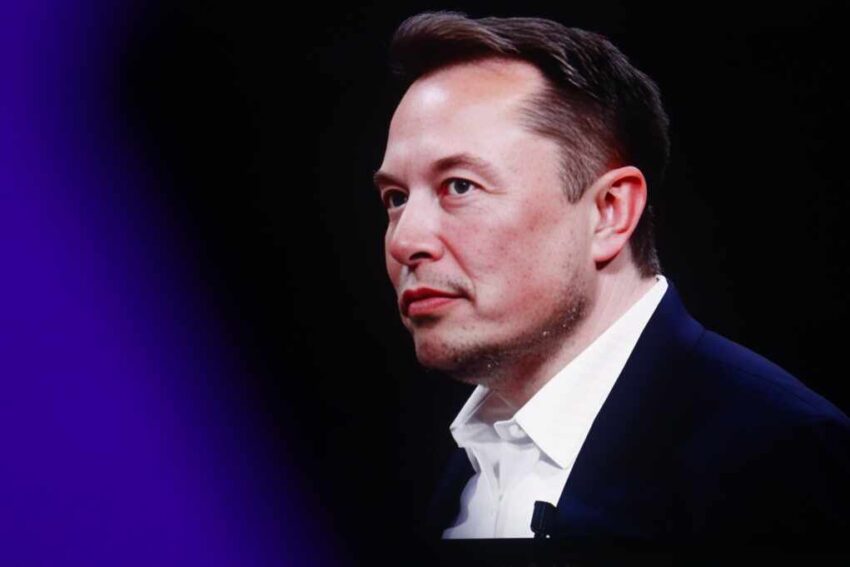Elon Musk has intensified recent political shockwaves by condemning Trump’s bipartisan “One Big Beautiful Bill” and declaring he may launch a third party to oppose it.
At a Glance
- Musk slammed the bill as the “biggest debt increase in history.”
- He floated launching the “America Party” if the bill passes.
- Trump retaliated by warning Musk about subsidies and potential repercussions.
- Support came from unexpected corners like Senator Rand Paul and Sen. Elizabeth Warren.
- Analysts question whether Musk’s party could survive in America’s entrenched political landscape.
Musk’s Political U-Turn
After years as a Trump ally, Musk went on the offensive. He denounced the bill—which adds up to $3.3 trillion to the deficit—as a “disgusting abomination” and declared via X that a new “America Party” would emerge “the next day” if it passes.
Calling the two-party system a corrupt “uni-party,” Musk accused Republicans and Democrats of merging into one self-serving bloc. His public defiance followed passage of the so-called “One Big Beautiful Bill,” which bundles defense, infrastructure, and clean energy subsidies into one massive legislative package.
Trump Strikes Back
Trump quickly retaliated, mocking Musk on Truth Social and hinting at possible rollbacks on federal subsidies to SpaceX and Tesla. He even joked that Musk might need to “go back to South Africa” if he continued to challenge Republican unity.
As reported by Time, some Trump allies dismissed Musk’s comments as “ego politics,” while others warned that even whispering third-party threats in an election year could split votes and hand power to Democrats.
Third‑Party Odds: Rocky Road
Musk’s allies include libertarian conservatives like Sen. Rand Paul and Rep. Thomas Massie, as well as unlikely voices like Sen. Elizabeth Warren, who echoed concern over “fiscal insanity” and long-term debt burdens. According to Time, Musk is prepared to fund primary challenges against lawmakers who supported the bill.
Yet political experts caution that American third parties rarely succeed. From restrictive ballot laws to media gatekeeping, structural obstacles persist. A recent Al Jazeera analysis questioned whether Musk’s movement was a serious electoral threat or a performative outburst.
For now, the idea of a Musk-led party remains aspirational—but its mere suggestion has already fractured Republican messaging, angered Trump, and energized centrists disillusioned with both major parties.
Click this link for the original source of this article.
Author: Editor
This content is courtesy of, and owned and copyrighted by, https://deepstatetribunal.com and its author. This content is made available by use of the public RSS feed offered by the host site and is used for educational purposes only. If you are the author or represent the host site and would like this content removed now and in the future, please contact USSANews.com using the email address in the Contact page found in the website menu.








